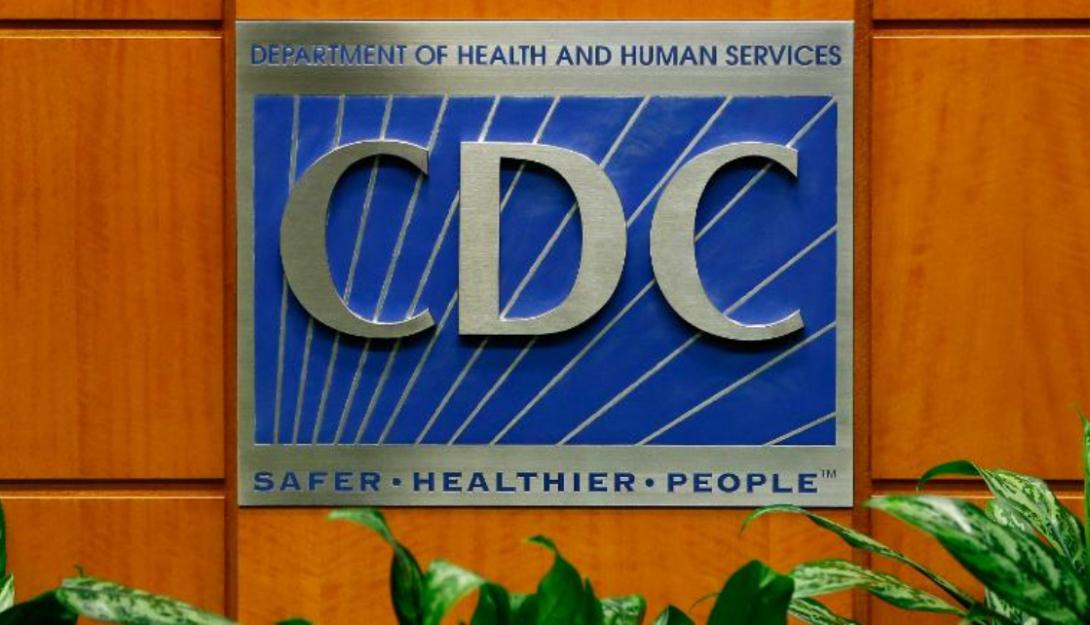
Thu, 03/14/2019 - 09:31
New York, NY | March 12, 2019
Press Release for NYSPA & CTMSS
By Shelly Menolascino MD
Medical Director, Washington Square Psychiatry & TMS
@shellymenomd@washsqtms.com
The recent ground-breaking Wit case actually flows from the NYSPA (New York State Psychiatric Association) case in NY. I met Mr. Hufford when he was working with NYSPA in investigating the case, and was seeking to interview psychiatrists concerning their own experiences. The Mental Health Parity Class Action Suit against UHC already included patients, family members and psychologists, but NYSPA was interested in having a psychiatrist join the suit as well. After meeting with Mr. Hufford and Seth Stein, our NYSPA Legal Counsel, I agreed to sign on. This allowed NYSPA to join in, leading to the inclusion of the APA and AMA, and then finally former congressman Patrick Kennedy wrote an Amicus Brief Letter.
Winning at the Second Circuit in the NYSPA case allowed Hufford’s team to sue United directly under ERISA and the Parity Act, even with self-funded plans. With their precedent setting decision in hand, they elected to file the Wit case in California (where UBH is based) and asserted violations of ERISA and breach of fiduciary duty. The Wit Case was a class-action suit brought on behalf of more than 50,000 people denied coverage by United Behavioral Health, the country's largest managed behavioral health care organization. Judge Spero took more than a year to issue his scathing 106-page decision. In addition to finding federal violations, Spero ruled that United Behavioral Health violated state laws in Illinois, Connecticut, Rhode Island and Texas.
The trial decision obtained could have wide-ranging implications. This CNN article does a wonderful job highlighting UHC failures, including TMS denials: https://www.cnn.com/2019/03/06/health/unitedhealthcare-ruling-mental-health-treatment/index.html).
Patrick Kennedy, who was the original sponsor of the Federal Parity Act and now runs the Kennedy Forum which advocates for Parity Act enforcement, called the Wit decision “the Brown v. Board of Education for the mental health community.” As Mr. Hufford noted, the Wit case is not a Supreme Court decision like Brown, but nevertheless it is a significant holding where for the first time a major insurer was found after a class action trial on the merits to be relying on improper guidelines as a basis for denying healthcare services. The decision could lead to a material change in how behavioral health care services are handled by the insurance industry.
On behalf of all of our patients, please join me in thanking this fine legal team for their ongoing fight for mental health parity. We are all so grateful.
For more information:
Contact D. Brian Hufford @ Zuckerman Spaeder LLP DBHufford@zuckerman.com